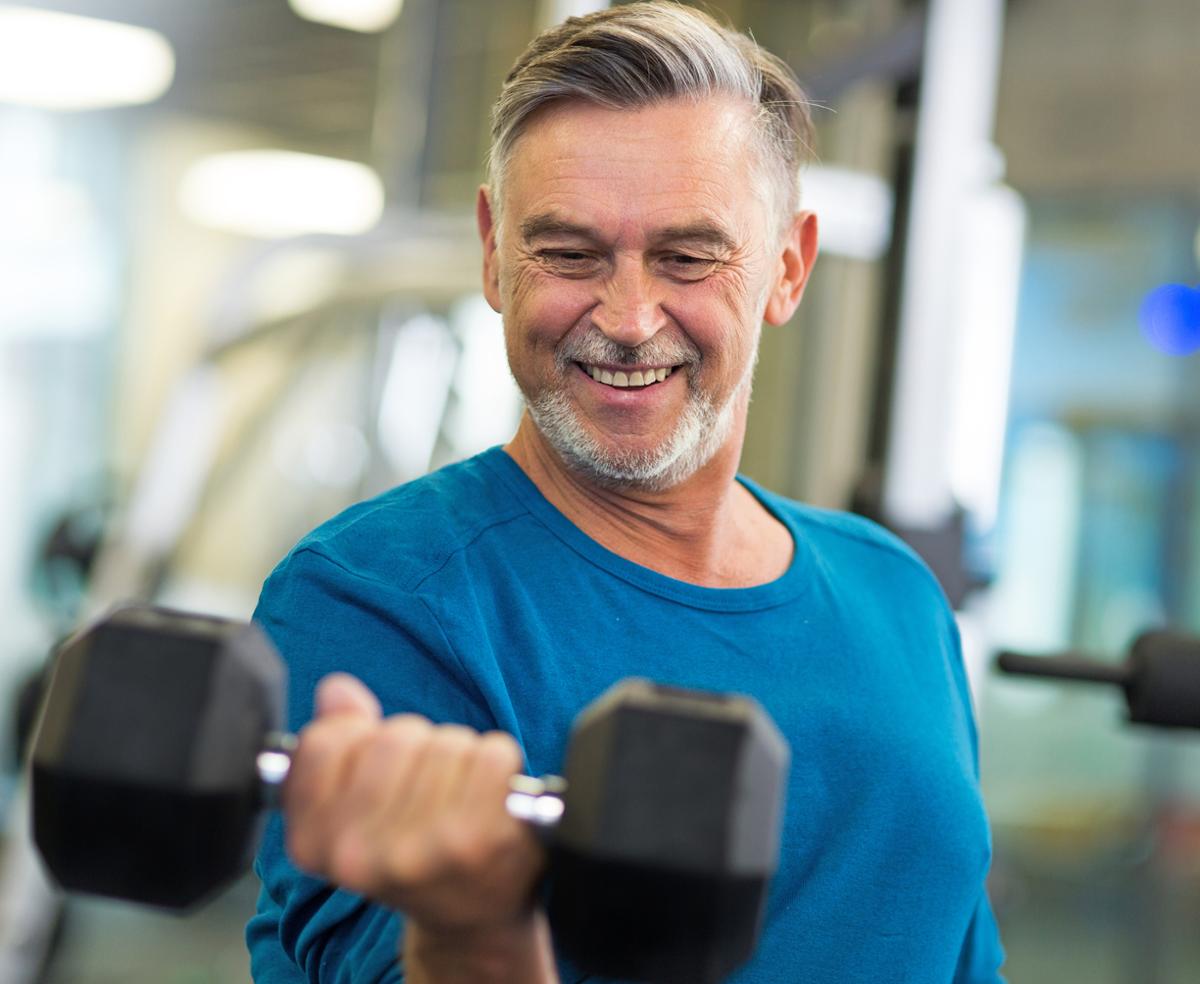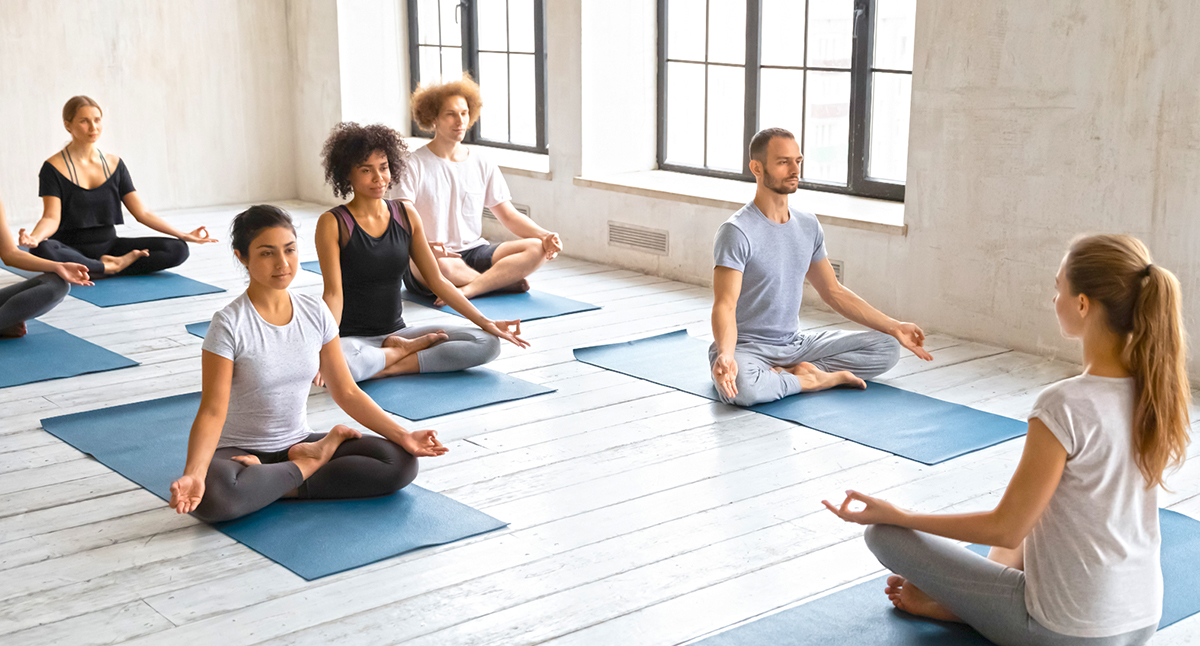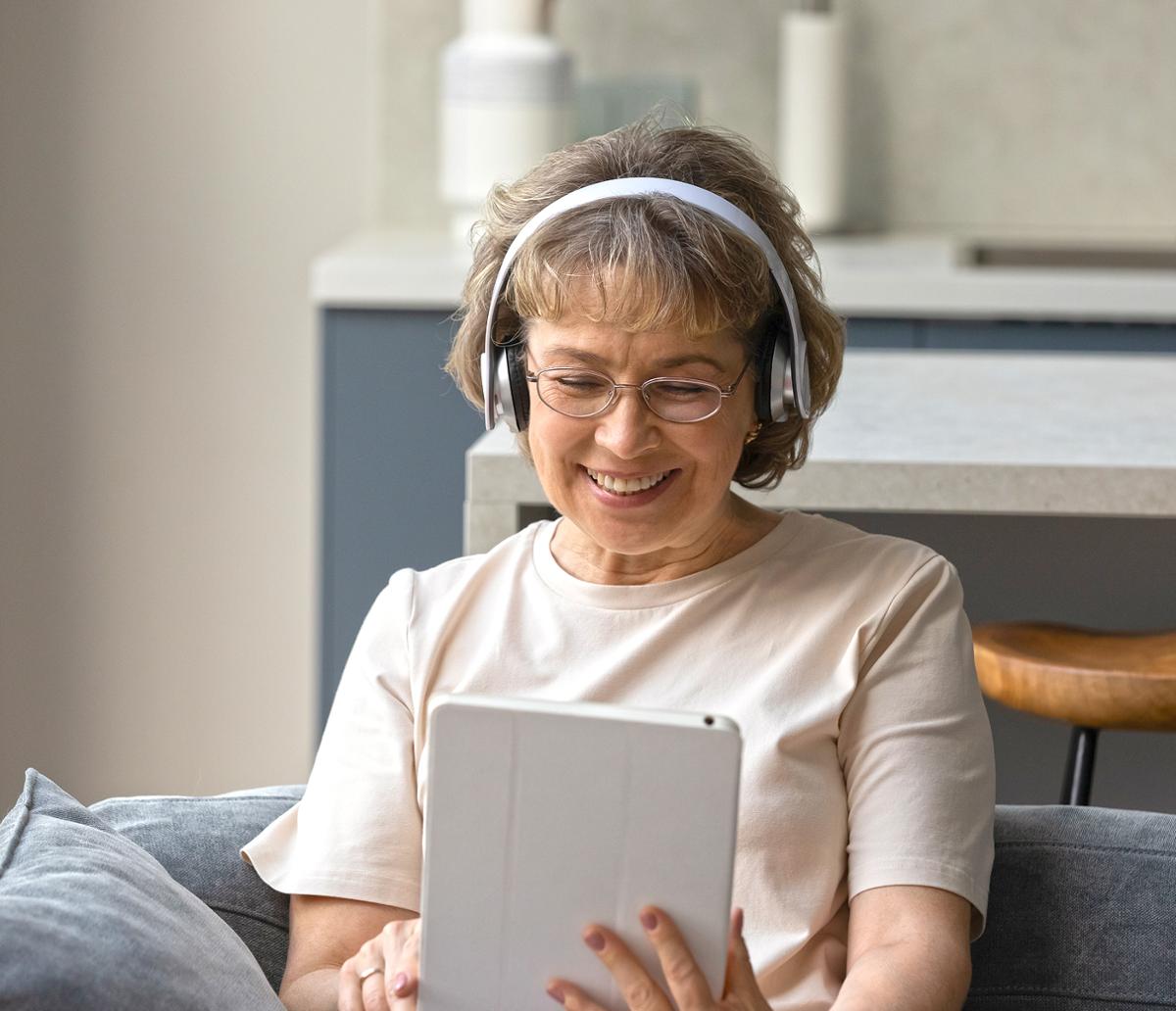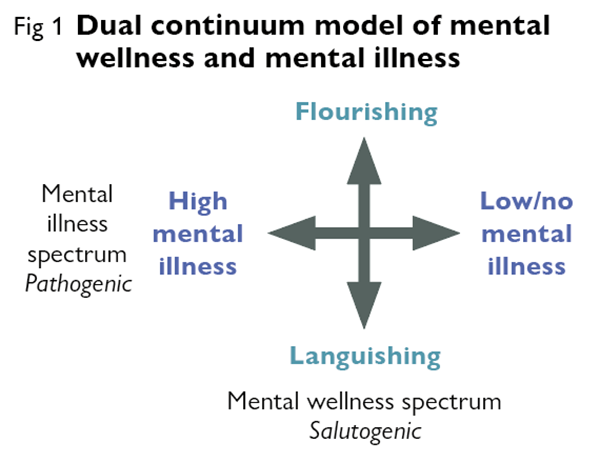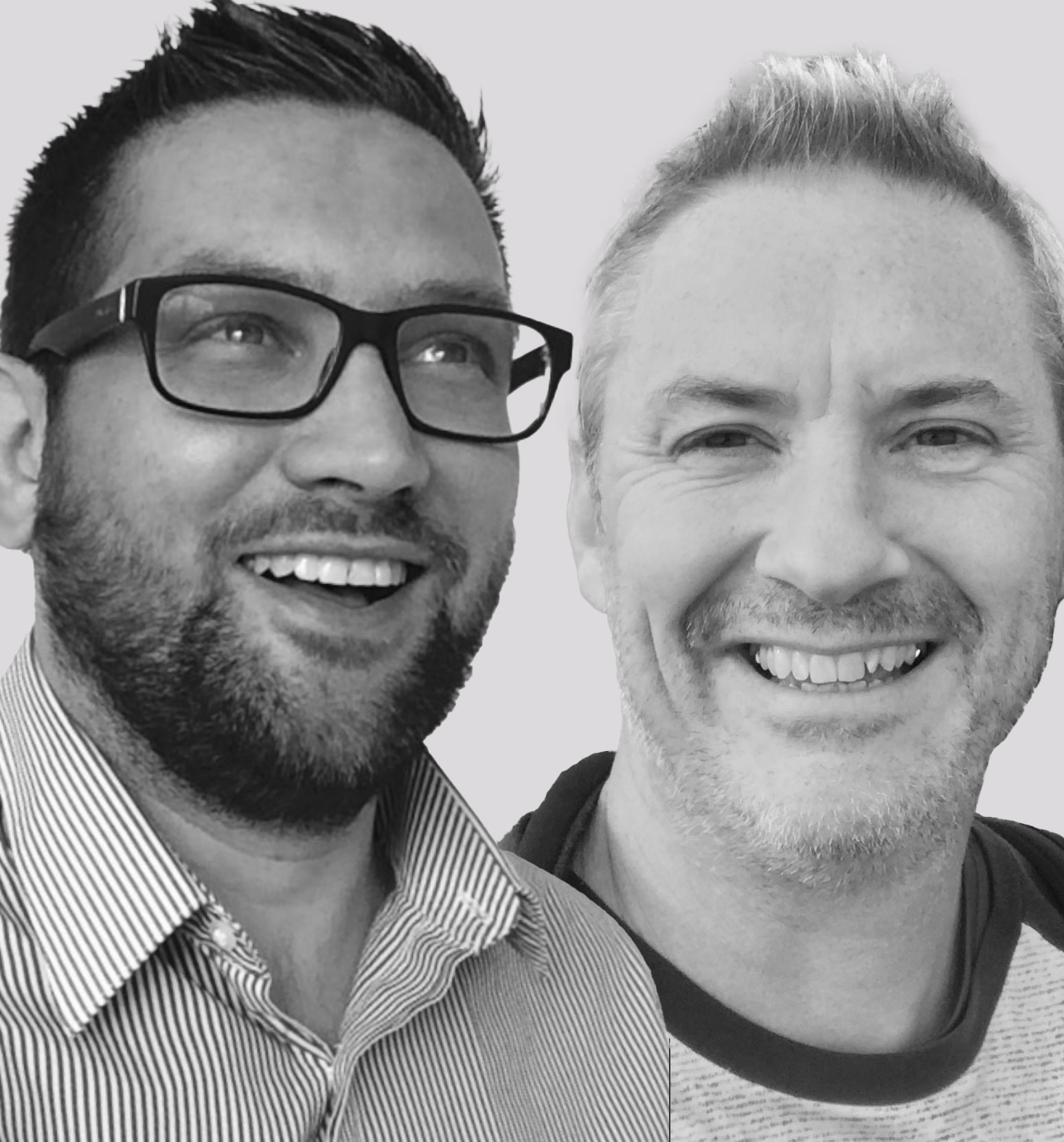According to the Office of National Statistics, around one in six (17 per cent) of adults aged 16 years and over in the UK experienced some form of depression in the summer of 2021. This is a 7 per cent leap from the year pre-COVID (July 2019 to March 2020), when 10 per cent of adults experienced some form of depression.
In the US, Johns Hopkins Medicine estimates that 26 per cent of adults suffer from some form of mental illness. The US Centers for Disease Control and Prevention reckons that percentage has doubled since the start of the pandemic.
The pandemic affected mental health in two ways. People rely on connectivity and coping skills to support their mental wellness, but COVID imposed isolation, which sometimes led to loneliness and cut off access to many of the activities and amenities which people use to maintain their mental health.
According to the findings of the John W Brick Mental Health Foundation’s Move Your Mental Health Report, which analysed 1,000 scientific studies published over the last 30 years on the link between exercise and mental health, routinely moving our bodies helps us to build mental and emotional wellbeing and is indisputably associated with mental health benefits.
A new approach
Traditionally, mental health has been thought of as a horizontal continuum, with little or no mental illness at one end, mild mental illness in the middle, and severe (high) levels of mental illness at the other. The main forms of treatment in this model are medication, psychoanalysis and institutionalisation.
However, in the new Dual Continuum Model, developed by the Global Wellness Institute, (as shown in Fig 1) there are two continuum. The first is the traditional ‘horizontal’ approach which treats mental health issues as being pathogenic in nature and deals with the ‘disease’ of mental illness. This approach is focused more on the physiology of the condition and involves conventional clinical care.
The second, vertical continuum is salutogenic in nature – an approach which focuses on health rather than the disease and involves more holistic approaches, such as self-care. This model ranges from ‘languishing’ at the bottom to ‘flourishing’ at the top.
A person can struggle with mental health issues (languishing) due to external factors such as poor lifestyle choices, external stress and life events, even though they don’t have a clinical mental illness.
Conversely, a person can be flourishing even if they have a clinical mental illness. For example, if they have a good diet, exercise regularly and have manageable stress in their life, they can be happy and productive, even while having a mental illness such as schizophrenia.
Languishing members
As exercise and physical activity are salutogenic – about wellness and self-care – the health club industry has an essential part to play in the vertical continuum.
Most health club members who are suffering from mental health issues will be languishing because of external factors and/or poor self-care, not because of clinically diagnosed mental health issues. These are the people who will benefit from exercise the most.
The Move Your Mental Health Report found research overwhelmingly supports the beneficial role of exercise and physical activity in addressing mental health issues, particularly depression and anxiety – the two conditions which have been most exacerbated by the pandemic.
In the UK, the National Institute for Health and Care Excellence (NICE) has echoed the need for exercise to be considered for mild mental health issues. In draft guidance released last year, the organisation recommended that a “menu of treatment options” – including physical activity – should be offered to all patients before medication is considered. Ideally, those suffering from mild depression should be offered exercise, mindfulness, talking therapy or meditation before medication.
Dr Paul Chrisp, director of the centre for guidelines at NICE, said: “People with depression deserve and expect the best treatment from the NHS which is why this guideline is urgently required.
“The COVID-19 pandemic has shown us the impact depression has had on the nation’s mental health. People with depression need these evidence-based guideline recommendations available to the NHS, without delay.”
Mindful start-up
Mind Labs is one start-up which has already stepped into this place, with a £7.99 per month app. This new mental health platform hopes to make looking after mental health “as normal as going to the gym” and empower everyone with the tools to take better care of their minds.
A mental wellness platform backed by neuroscience, Mind Labs uses live and on-demand content to help people manage stress, anxiety and low mood and to help improve their sleep patterns, by helping users to rewire their brains.
It utilises expert knowledge from mindfulness practitioners and experts who have skills ranging from breathwork, neuroscience and clinical psychology.
Co-founder and CEO of Mind Labs, Adnan Ebrahim, said: “For far too long, we’ve neglected taking care of our minds in the same way we take care of our physical selves. We’ve been ashamed to speak openly about this, mislabelling mental vulnerability as weakness and approaching practices such as mindfulness with caution, worried about its scientific vigour.
Ebrahim says Mind Labs is excited to be the new face of change: “Our team of neuroscience and mindfulness experts lead classes based on research, making techniques which previously felt out of reach, practicable and understandable. It’s time for us to reclaim mental wellness and bring tools such as meditation and breathwork into the mainstream with a science-first approach.
Mind Labs’s head of mindfulness, Anne-Sophie Fluri, says: “Video content gives us the opportunity to truly connect with users, even when we’re not in the same physical environment.
“Mind Labs is a daily tool to strengthen neural pathways which lead to better concentration, improved presence and self-awareness and more positive thinking patterns.”








